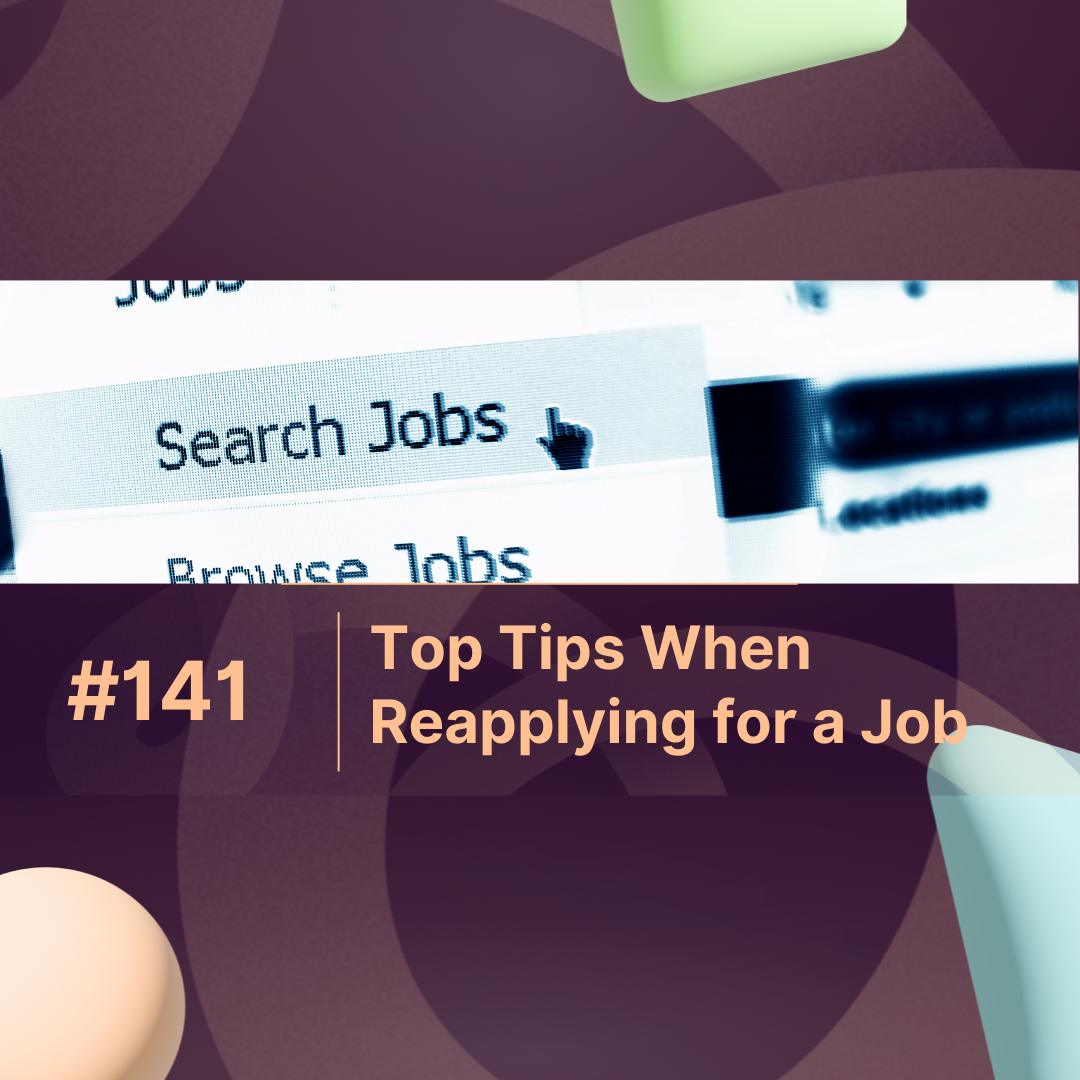Overview:
Your resume is often your first impression. In a competitive job market, even the smallest resume mistakes can lead to missed opportunities. Whether you’re a fresh graduate, experienced professional, or career switcher, understanding the most common resume errors is crucial. In this blog, we’ll highlight the top 10 resume mistakes, explain why they matter, and show you how to fix them easily using MaxProfile, your go-to free resume builder.
Why Resume Mistakes Matter
According to research, 75% of resumes are rejected before they ever reach a human due to ATS (Applicant Tracking System) filters. Another 43% of hiring managers spend less than a minute reviewing a resume. This means that your resume needs to be perfect — formatted, keyword-optimized, and error-free.
Top 10 Resume Mistakes to Avoid

Here’s a detailed look at the most common resume errors that can cost you interviews and job offers:
| # | Resume Mistake | Why It’s a Problem |
|---|---|---|
| 1 | Typos and Grammatical Errors | Shows lack of attention to detail |
| 2 | Using an Unprofessional Email Address | Reduces credibility |
| 3 | Not Tailoring Resume to the Job Description | Makes you look generic or lazy |
| 4 | Including Irrelevant Work Experience | Wastes space and distracts from key qualifications |
| 5 | Poor Resume Formatting | Hard to read or not ATS-friendly |
| 6 | Overused Buzzwords and Clichés | Makes your resume sound like everyone else |
| 7 | Missing Keywords for ATS Optimization | Causes resume to be rejected before reaching hiring managers |
| 8 | Including Personal Details (e.g., age, photo) | Not required in most countries and may introduce bias |
| 9 | Too Long or Too Short | Ideal resume length is 1 page for entry-level, 2 pages for experienced |
| 10 | Outdated or Incorrect Contact Information | Makes it impossible to reach you |
1. Typos and Grammar Mistakes
Resume mistakes like spelling errors are a major red flag. Use tools like Grammarly or let MaxProfile scan your content automatically.
2. Unprofessional Email Address
Emails like [email protected] may be fun, but they’re not employer-friendly. Always use a professional version: [email protected].
3. Generic, Untailored Content
Hiring managers can spot a generic resume from a mile away. Customize each resume to include job-specific skills and keywords.
4. Irrelevant Job History
Listing part-time jobs from 10 years ago that don’t relate to your current field distracts from your core qualifications.
5. Poor Resume Design or Formatting
Bad fonts, inconsistent spacing, or PDFs not formatted for ATS? Avoid it all with MaxProfile’s ATS-friendly templates.
6. Using Clichés Like “Hardworking”
Phrases like “go-getter” or “team player” without proof or results sound hollow. Show results instead: “Increased sales by 30%.”
7. No Job-Specific Keywords
If your resume lacks keywords that match the job ad, ATS bots will filter you out. MaxProfile ensures the right keywords are in place.
8. Personal Information That Isn’t Needed
Photos, marital status, religion — these are outdated and unnecessary. Stick to skills, experience, and achievements.
9. Too Long or Too Short
A one-page resume is ideal for students; two pages for professionals. Anything longer or shorter may signal inexperience or fluff.
10. Incorrect Contact Details
If your phone number or email is outdated, you won’t be reachable. This common resume mistake can completely derail your job search.
How MaxProfile Helps You Avoid Resume Mistakes
MaxProfile is an AI-powered resume builder that automatically:
-
Fixes typos and grammar issues
-
Suggests job-specific keywords
-
Formats your resume for ATS systems
-
Offers clean, modern templates
-
Helps tailor resumes for different job roles
It’s free for all users — just sign up and start building a professional, error-free resume in minutes!
👉 Try MaxProfile Now – It’s Free
Conclusion
Even small resume mistakes can cost you big opportunities. But the good news is they’re 100% fixable. By being aware of these common errors and using smart tools like MaxProfile, you can create a winning resume that gets noticed by both ATS systems and recruiters.
FAQs
Q1: What is the most common resume mistake?
A1: The most common resume mistake is spelling or grammar errors, which show a lack of professionalism.
Q2: How long should my resume be?
A2: One page for entry-level roles, two pages for experienced professionals.
Q3: Should I include a photo on my resume?
A3: No, unless you’re applying in countries where it’s customary. In most cases, it’s best to leave it out.
Q4: How can I make my resume ATS-friendly?
A4: Use clear formatting, include job-specific keywords, and avoid tables/graphics that ATS can’t read — all available through MaxProfile.
Q5: Is MaxProfile really free?
A5: Yes! MaxProfile offers a 100% free resume builder with premium features like grammar checks, design templates, and keyword optimization.



